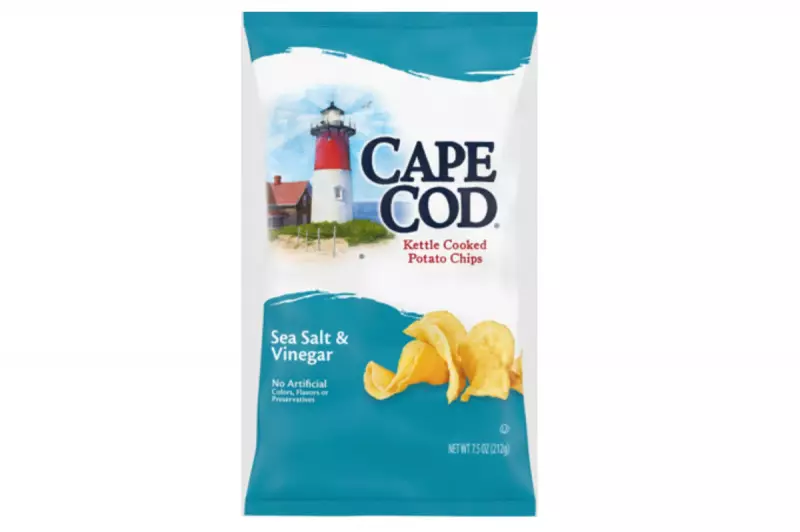
A prominent snack food brand is facing legal action over allegations it misled consumers about the nature of its ingredients. Cape Cod potato chips has been hit with a potential class action lawsuit, which contends the company falsely markets its products as containing no artificial colours, flavours, or preservatives.
The Core of the Legal Complaint
The legal challenge was filed in a New York federal court on 23 October by a shopper named Rozaliya Ripa. According to the court documents, Ripa purchased the kettle-cooked chips on multiple occasions, including during a specific trip to a Brooklyn Stop & Shop store in August, under the belief they were free from artificial components.
The lawsuit states that had Ripa been aware the marketing claims were potentially misleading, she would not have bought the products or would have expected to pay a lower price for them. This highlights the growing importance of transparent labelling for health-conscious shoppers.
The Alleged Artificial Ingredient
Central to the legal argument is the presence of citric acid in the chips. The legal filing alleges this ingredient is no longer commercially available in its natural form. Instead, it is claimed to be produced synthetically through an industrial process that uses chemicals to derive the substance from a type of mould.
This directly contradicts the brand's packaging and promotional materials, which prominently feature assurances of no artificial ingredients. Campbell's Company, which has owned the Cape Cod brand since 2018, has declined to comment on the specific allegations, citing the ongoing litigation.
In a communication, a company representative told The Independent, "Cape Cod chips are made with high quality, carefully selected ingredients." An initial conference for the case is scheduled for December.
A Pattern of Legal Challenges
This is not the first time the snack manufacturer has encountered such legal difficulties. The company was targeted by a similar lawsuit in July of this year, indicating a pattern of legal scrutiny over its marketing practices.
The previous class action complaint similarly argued that the defendant markets its products in a systematically misleading manner by misrepresenting that they do not contain preservatives.
Founded in 1980 in Hyannis, Massachusetts, where its products are still made today, Cape Cod chips enjoy significant popularity. A MarketBeat survey this year found them to be the most beloved American-made product in their home state, making these legal challenges particularly significant for brand reputation.
This case emerges against a backdrop of increasing consumer awareness and demand for clean-label products, a trend that is reshaping the food industry and leading to greater legal examination of product claims.





